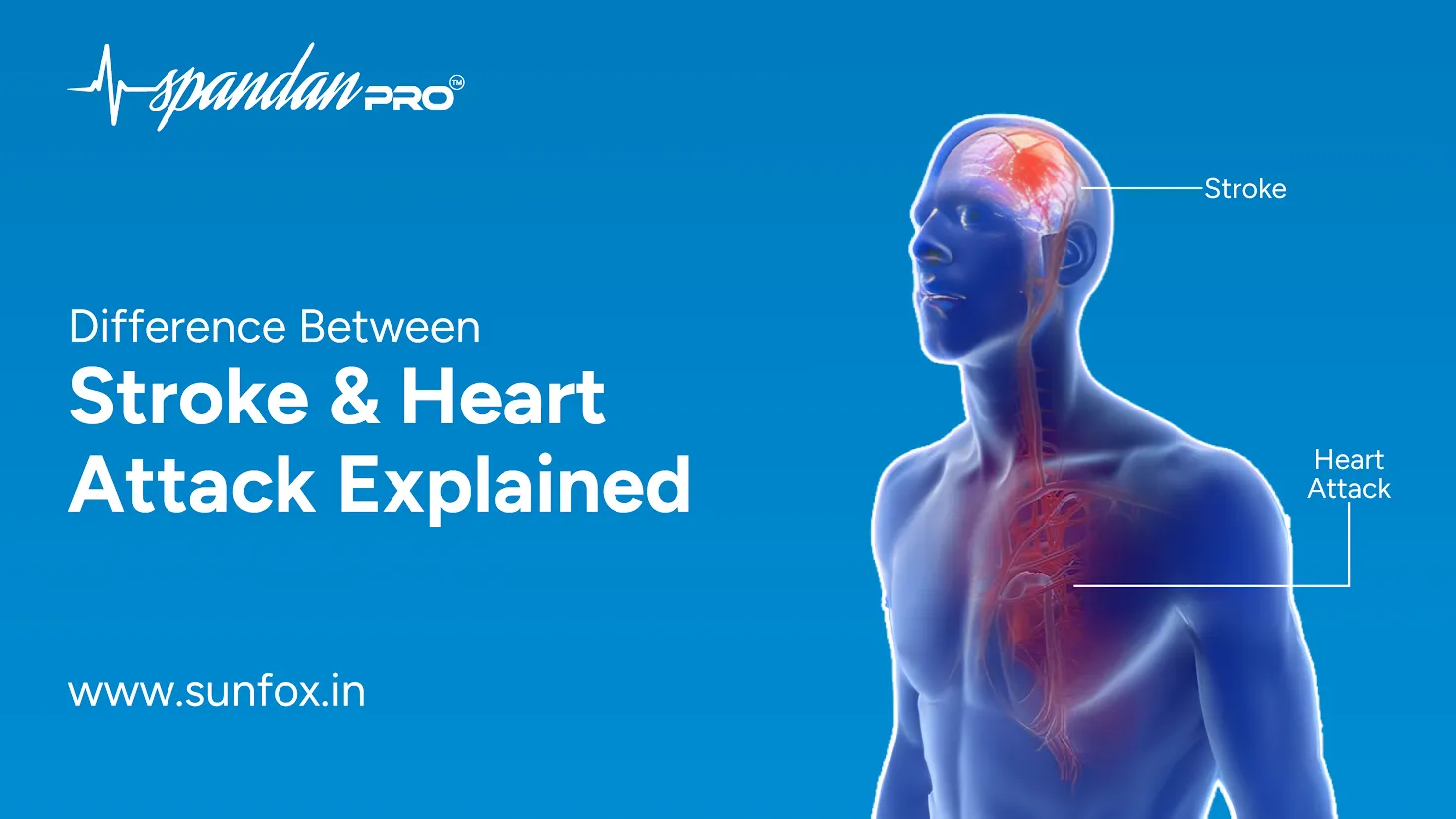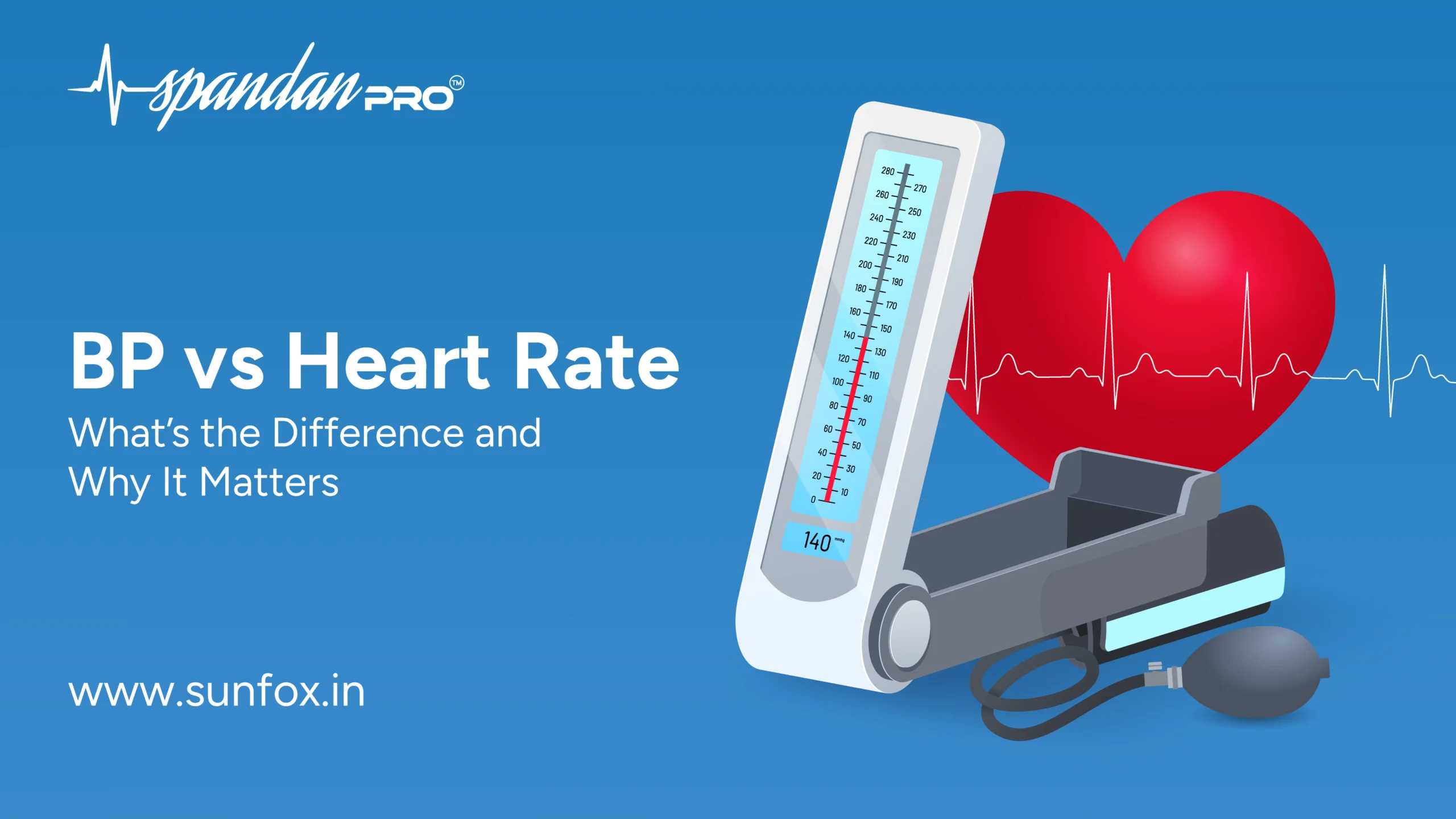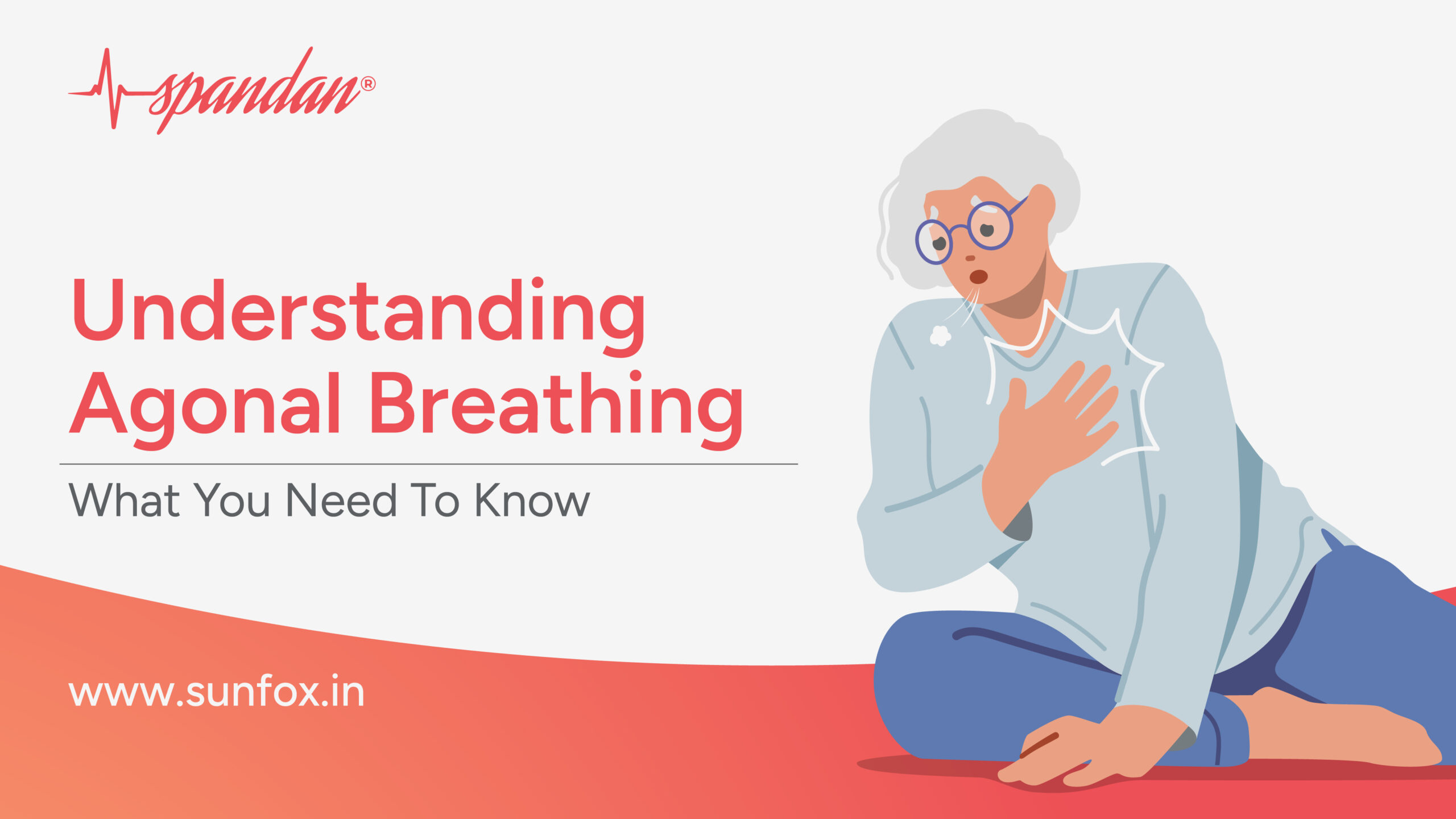
Aortic Valve Sclerosis : Symptoms and Risk Factors
Table of Contents
Aortic valve sclerosis is a progressive condition affecting the aortic valve in the heart, characterized by the thickening and stiffening of the valve due to calcification. While often asymptomatic in its early stages, it can gradually impair the valve’s ability to function properly, leading to restricted blood flow from the heart.
This condition commonly affects older adults and is frequently overlooked, as symptoms can be mild or nonexistent. However, if left untreated, it can lead to more serious complications, such as aortic stenosis or heart failure. Early diagnosis through echocardiography and regular monitoring is crucial to managing the condition effectively.
Let’s understand Aortic Valve Sclerosis in a detailed manner in this blog and study different facets of it including symptoms, risk factors and management.
Aortic Valve Sclerosis Meaning
Aortic valve sclerosis is the medical term for the aortic valve’s thickening and calcification. Sclerosis usually does not severely hinder blood flow, On the other hand, it might indicate underlying cardiovascular disease. progressive development that may start with calcium deposition and advance to aortic stenosis (AS), which is characterized by a blockage of the left ventricle’s outflow.
Aortic Valve Sclerosis Symptoms
Aortic valve sclerosis can develop without causing noticeable symptoms at first, and many people may not experience any symptoms in the beginning. However, if the condition progresses or leads to complications, different symptoms may appear. Important symptoms to watch for include:
- Heart Murmur: A common sign of aortic valve sclerosis is the presence of an abnormal sound, or heart murmur, detected by a doctor using a stethoscope. This sound occurs due to turbulent blood flow caused by the thickened valve.
- Fatigue: During physical activities that were once manageable, people might experience an unusual sense of tiredness or fatigue.
- Shortness of Breath: Breathing can be challenging for many people, especially when they are active.This difficulty could indicate that the heart is having trouble pumping blood effectively.
- Swelling: The accumulation of fluid can lead to swelling in the ankles and feet when the heart is not effectively circulating blood.
- Dizziness and Fainting: Some people might experience feelings of lightheadedness or dizziness, and in more severe instances, they may faint, which can be brought on by physical exertion or sudden shifts in position.
- Irregular Heartbeat: The heart may develop an irregular heartbeat, known as arrhythmia, as it adapts to the shifting dynamics resulting from the condition of the aortic valve.
Early recognition of these symptoms can result in prompt medical assessment and intervention, which can effectively help in managing the condition.
Aortic Valve Sclerosis Risk factor
AVS is affected by different risk factors that can worsen the condition. Recognizing these risk factors can enable people to take proactive measures for prevention and control. Let’s examine the main contributors in more detail.
1.Age
Aortic valve sclerosis is more common in older adults due to the wear and tear on the heart valves over time, which naturally leads to degenerative changes. Age is a major risk factor for this condition.
2. Hypercholesterolemia
High levels of cholesterol, especially low-density lipoprotein (LDL) cholesterol, are closely linked to the progression of aortic valve sclerosis. Increased cholesterol can result in the accumulation of fatty substances and calcium on the valve, which contributes to its thickening and stiffening. Controlling cholesterol levels through dietary adjustments, physical activity, and, when needed, medications such as statins can mitigate this risk.
3. Diabetes
Diabetes, a metabolic disorder, can result in a range of complications, such as cardiovascular problems. Elevated blood sugar levels over an extended period can harm blood vessels and trigger inflammation, hastening the calcification of the aortic valve. It is important for individuals with diabetes to keep a close watch on their blood sugar levels and adopt a healthy lifestyle to reduce the risks associated with cardiovascular issues.
4. Hypertension
Excessive blood pressure places extra pressure on the heart and its valves, potentially causing the aortic valve to thicken due to prolonged strain. It is crucial to manage blood pressure by making lifestyle modifications like adopting a low-sodium diet, engaging in regular exercise, and using medication to lower the chances of developing valve-related issues.
5. Smoking
The use of tobacco is widely recognized as a major contributing factor to various cardiovascular conditions, such as aortic valve sclerosis. Smoking causes harm to blood vessels, triggers inflammation, and leads to the accumulation of plaque in the arteries. Ceasing smoking can greatly enhance overall cardiovascular well-being and lower the likelihood of experiencing aortic valve complications.
6. Renal Failure
Disturbances in calcium and phosphate metabolism caused by chronic kidney disease (CKD) can lead to vascular calcification, including in the heart valves. Elevated levels of these substances in the blood often occur in patients with renal failure, which can lead to the development of aortic valve sclerosis. It is crucial to manage kidney health through proper medical treatment and dietary changes to minimize cardiovascular complications.
7. Family History
The development of aortic valve sclerosis may also be influenced by genetic predisposition. An individual’s risk of developing this condition may be increased if there is a family history of cardiovascular disease, emphasizing the significance of regular check-ups and proactive health measures.
Aortic Valve Sclerosis Management
The narrowing of the aortic valve due to aortic valve stenosis (AS) can lead to a more severe condition, obstructing blood flow significantly. Surgical intervention is often required as the condition progresses.
1. Surgical Interventions
- Surgical Aortic Valve Replacement (SAVR): The conventional treatment for symptomatic calcific aortic stenosis is SAVR. In this process, the impaired aortic valve is taken out and substituted with a mechanical or biological valve. This method is frequently advised for patients who are sufficiently healthy to have open-heart surgery and are experiencing notable symptoms or reduced heart function as a result of the valve condition.
- Transcatheter Aortic Valve Implantation (TAVI): This minimally invasive procedure, also called Transcatheter Aortic Valve Replacement (TAVR), is intended for patients with severe calcific aortic stenosis who are unable to undergo surgery or are at high surgical risk. TAVI entails guiding a replacement valve through a catheter, typically inserted through the femoral artery, to the heart.
2. Lifestyle Changes
Certain lifestyle changes can be beneficial in managing aortic valve sclerosis and enhancing overall heart health, in addition to considering surgical options.
- Improving Your Diet:Switching to a diet that prioritizes fruits, vegetables, whole grains, and lean proteins can assist in controlling cholesterol levels and lowering the risk of cardiovascular issues. It’s crucial to restrict the intake of saturated fats, trans fats, and sodium for maintaining heart health.
- Losing Weight: Keeping a stable weight can alleviate pressure on the heart and enhance cardiovascular well-being. Even a small amount of weight loss can lead to substantial advantages.
- Quitting Smoking: Quitting smoking can significantly increase the risk of cardiovascular diseases. It can also help in improving heart health, slowing down the advancement of aortic valve disease, and improving recovery from medical procedures.
- Managing Stress: Prolonged stress can have negative impacts on the health of the heart. It can be helpful to practice stress-relief methods like meditation, yoga, or mindfulness.
- Exercising: It’s crucial to maintain regular physical activity to keep the heart healthy. Patients should strive for a well-rounded exercise regimen that incorporates both aerobic and strength-training activities, based on their symptoms and medical guidance.
3. Regular Monitoring
Regular monitoring through echocardiograms (ECG) and follow-up appointments with a cardiologist is essential for individuals with aortic valve sclerosis but without significant symptoms. This approach enables early intervention if symptoms develop or if the condition progresses.
In conclusion, Aortic valve sclerosis is a crucial condition that can affect cardiovascular health, particularly in older adults. Understanding its symptoms and risk factors is vital, as it can progress to aortic stenosis, which may require surgical intervention.By being aware of aortic valve sclerosis and its implications, individuals can take proactive steps to protect their heart health and reduce the risk of complications. Consulting a healthcare provider for evaluation is crucial for anyone at risk.















